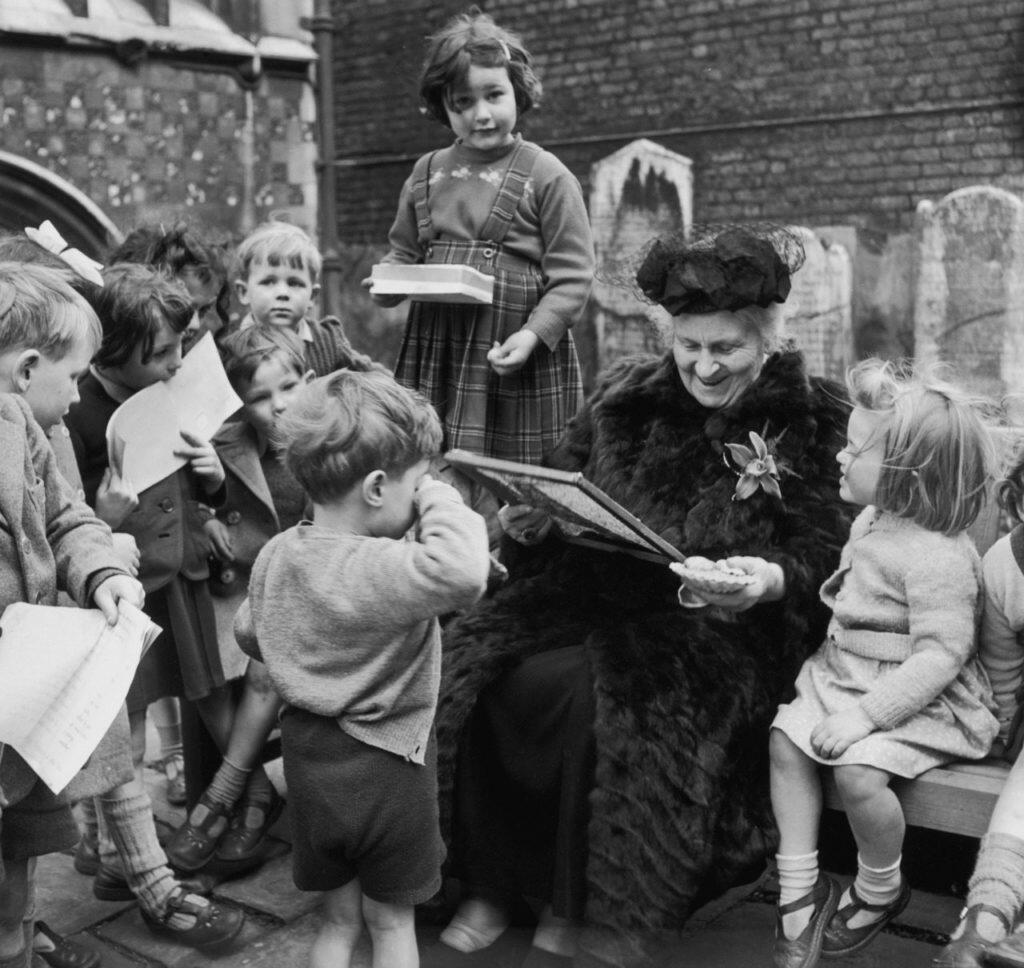Montessori Philosophy
"The first duty of an education is to not stir up life, but leave it free to develop."
— Dr. Maria Montessori
"The first duty of an education is to not stir up life, but leave it free to develop."
— Dr. Maria Montessori

Maria Montessori
Maria Montessori began her professional life as Italy's first female physician. Using her keen scientific observation skills, she began to develop a theory of child development and education based on the dictum "follow the child." The Montessori approach is designed to assist the child in acquiring the skills and self-confidence necessary to fulfill his or her own potential. By building on interests, nurturing enthusiasm, and allowing for individual needs, children can achieve self-discipline, self-mastery, and a life-long love of learning.
“The child’s development follows a path of successive stages of independence, and our knowledge of this must guide us in our behavior towards him.”
- Dr. Maria Montessori
The philosophy is based on three equal components:
one
The Child
A Montessori classroom is comprised of children of mixed ages and genders. We believe that young children possess an "absorbent mind" that allows them to easily assimilate information and understanding through all of the senses. In addition, we believe that children have "sensitive periods" when their interests and abilities for acquiring certain skills are at a peak.
two
The Adult
The role of the adult in the classroom is best described as a facilitator who observes the readiness and interest of the child and becomes the link between the child and the environment.
three
The Environment
A Montessori classroom is a carefully prepared environment. Materials are specifically designed and chosen to provide a sequential, concrete, and attractive curriculum. The opportunities for learning are extensive, but always appropriate to the child. Through touching and manipulating concrete objects and materials, children are introduced to basic concepts in mathematics, language, science, and geography.
Planes of Development
Human Development does not proceed in a linear or constant fashion. Rather, it occurs in periods or cycles. Dr. Montessori referred to these cycles “planes of development” and divides child development into four planes. Each plane is further divided into phases of attainment and refinement.
First Plane
The child from birth to six is developing physical independence and language. During these early years, the child is absorbing everything in the environment and working to refine and perfect new skills and knowledge. Independence, coordination, concentration, and a sense of order are the forces driving growth and development.
Second Plane
The Elementary child, 6-12 years, wants to move and act for himself or herself. Elementary children are seeking the knowledge of the universe. They ask deep philosophical questions and are on a search for meaning. Imagination, socialization, and moral judgment guide their development.
Third Plane
From 12-18 years, the Adolescent explores how to fit into society and become a part of the larger world. Trust, self-expression, analytical thought, commitment, and responsibility are paramount.
Fourth Plane
The Young Adult integrates all of the aspects of the earlier three stages and is prepared to go out into the world and become a contributing member of their society.